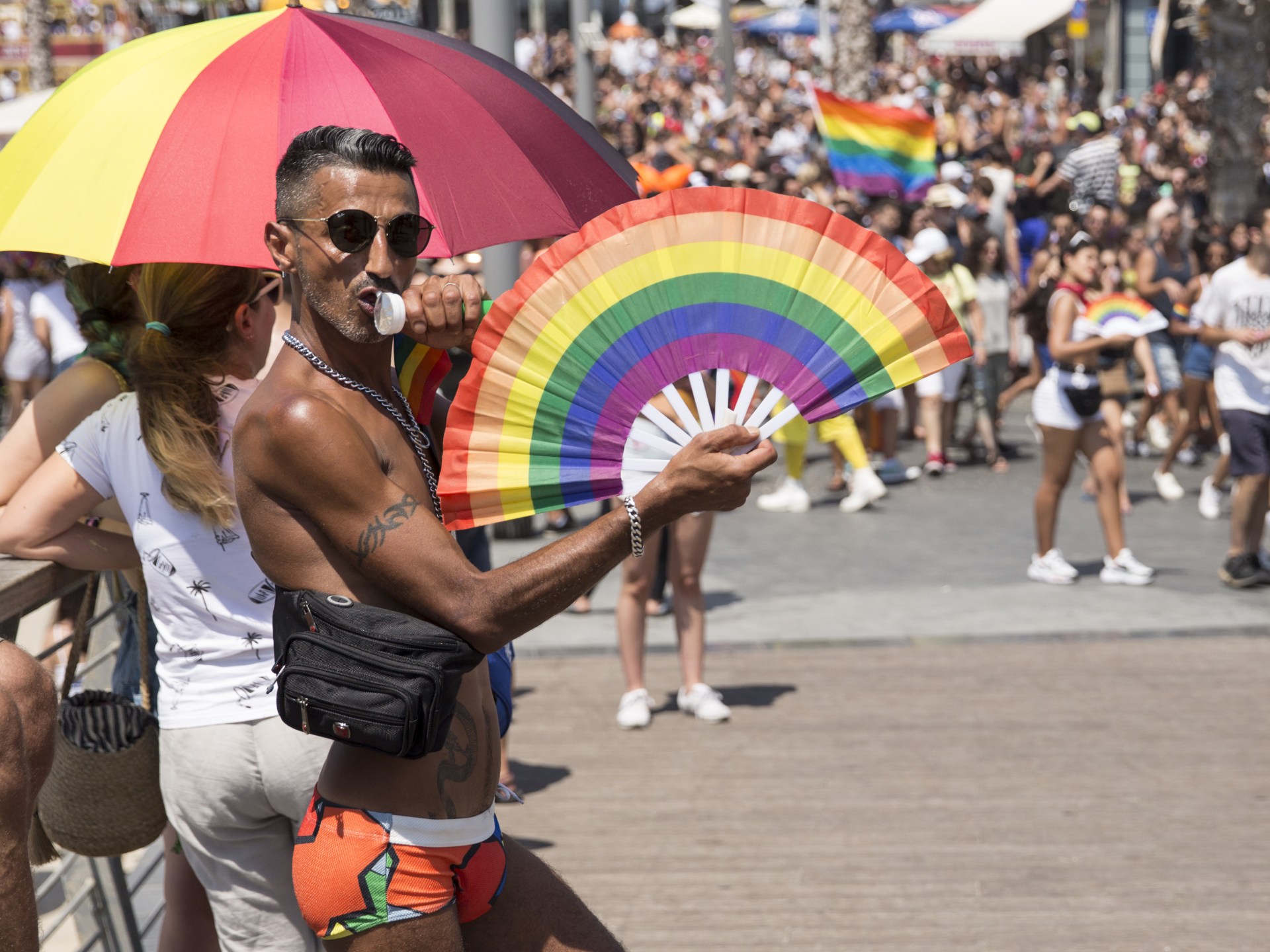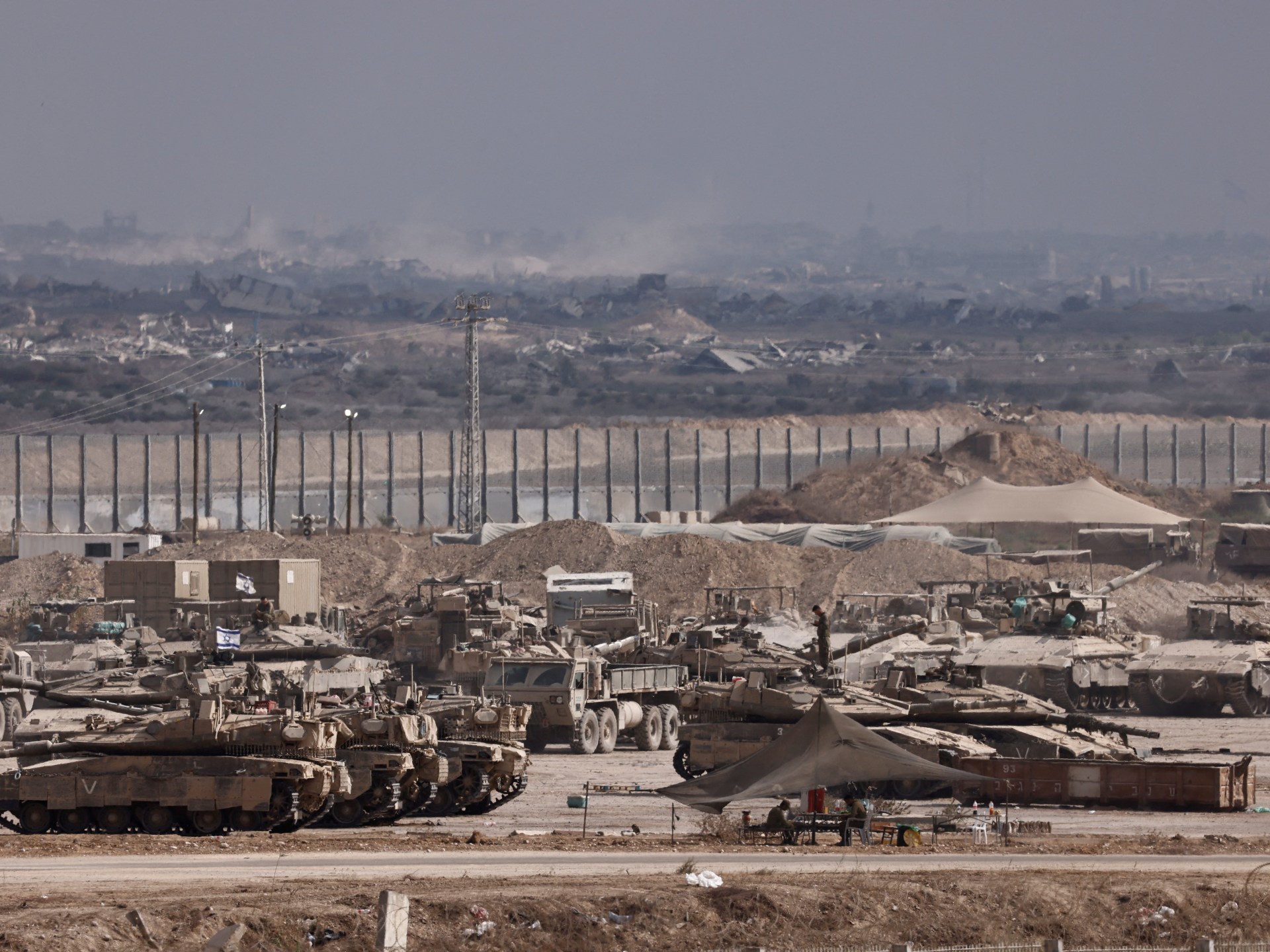Young Israelis stamp the earth to trance music in Goa, which is located about 4, 000 miles (6, 000 kilometers) from Gaza. You won’t hear mothers sighing over white draperies here. The purpose of the genocide is elsewhere, not here.
A similar scene appears across backpacker trails, stretching from Andean valleys to Thai beaches. A post-military “rite of passage” and a chance to “go insane peacefully,” as DJ Zirkin might put it, is called “tarmila’ut.”
It’s not just for hippies either. According to an Israeli study conducted in 2018, about 50, 000 people travel after service each year. Agency advertisements for all-inclusive amnesia, including kosher kitchens, deluxe accommodations, and hotels where Palestinians are extinct, cost a few thousand dollars.
The concept of “escape” has a different meaning now that the Nova music festival was massacred and there is a genocide in Gaza. Israelis want to leave the ha’matzav, which is an absurd euphemism that refers to occupation as unfavorable, to travel abroad. Gaza’s seas, skies, and crossings are sealed for Palestinians, so there is no escape. Palestinians are driven insane without peace while Israelis “go insane peacefully.”
They have been incarcerated in the West Bank for three years, and the M16 across their chests has rendered their small frames fatal. Then, they are only given a backpack and a one-way ticket by the state. This pilgrimage serves as both a reward for their actions and a zipped pocket for their crimes, with the hope that they never come back.
Some people find entertaining.
Tarmila’ut has become almost a required custom in Israel, and the state encourages it in the same way that it does for Eurovision and Brand Israel.
The state-controlled drug soma, which was portrayed in Aldous Huxley’s Brave New World, did more than just make the audience feel at ease and happy. Similar to how escapism in Israel recognizes that pleasure is inherently political.
Israeli diplomatic representatives also acknowledged this. We view culture as a first-class propaganda tool, according to Nissim Ben-Shitrit of the Ministry of Foreign Affairs in 2005. Ido Aharoni, a second Israeli diplomat, put it more bluntly: “It is more important for Israel to be attractive than to be right.”
Exporting Israeli “culture” accomplishes what Israel’s military officials can’t: it promotes occupation as a way of life and demonstrates that violence can coexist with normalcy, even fun.
It provides a chance to “lose yourself” while denouncing genocide in Israel, which is catharsis without confrontation. Palestinians are not just excluded in these settings; they are also perceived as stifling another person’s peace.
It portrays Israelis as carefree and liberal, a fantasy that Western audiences can enjoy guilt-free. Palestinians are referred to as “one of us” who spoil the party, while Israelis are treated as such.
glittery hasbara
Literally speaking, keeping this party going is a national project. Israel has invested millions of dollars into promoting itself as a haven for decades.
Consider Brand Israel. It was a state-engineered rebrand that replaced checkpoints with beaches and bikinis when it was launched in 2006.
Ido Aharoni, a diplomat, assembled a top team that included representatives from Burson-Marsteller, a notorious PR firm for dishing out Union Carbide and the Argentinian junta following the Bhopal disaster. As Aharoni remarked, the goal was to make Israel more attractive than to make it right. It is obvious decency was not the case when the most ruthless of reputation-launderers were in charge.
A Maxim spread for the American male gaze titled “Women of the Israeli Defence Forces,” featuring recently crowned “Miss Israel” Gal Gadot in lingerie, was one of Brand Israel’s first stunts. We might have referred to it as “settler colonialism does thirst traps” had it come into being in 2025.
Brand Israel replaced lingerie with pride parades as that wore on. The Israeli Tourism Board had already spent about $100 million to promote Tel Aviv as a “gay vacation destination” by the year 2011.
Pinkwashing has since become state policy, and Tel Aviv still harbors glitter. It sells the myth that Israel protects queer Palestinians by portraying Palestinians as desirable and Palestinians as backward. It’s a neat colonial trick, according to Elias Jahshan: bombs that are wrapped in rainbow paper or, as it is now, those that Israel favors to instill fear in a particular regional minority to cause division.
dancing on bones
When the parties, parades, and festivals are removed, it becomes clear that Israel has used it as a political tool. And it is not the first time that apartheid South Africa has done the same, playing cricket matches there and visiting Sun City to hide colonial rule.
Locals are now complaining about Israeli travelers in Goa, just like they do elsewhere, with entire Reddit threads dedicated to their sense of privilege. They claim that Israelis regard their enjoyment as a birthright, just as they regard Palestine as a tributary of their existence.
I was one of the witnesses. I overheard Israelis, who were living nearby French Hill, an illegal Israeli settlement next to the Shu’fat refugee camp in occupied East Jerusalem, saying, “Why can’t we just have fun? “
That expression perfectly captures the fractured state of Israeli society: savoring peace while engaging in war, insisting on enjoyment while erasing others is frequently delivered in a faux-American accent. Joy transforms into an apartheid system, just like the nation itself. One person’s sanity is given over to another, and the world is given the privilege of a lifetime of indulgences that are passed on as harmless escapism.
Sun City was a part of apartheid in South Africa. While napalm fell on Vietnam, Woodstock was in America. Tel Aviv Pride and Goa are present in Israel. They assert that their joy demonstrates their innocence. However, the joy created by others’ bones was never and will never last.








